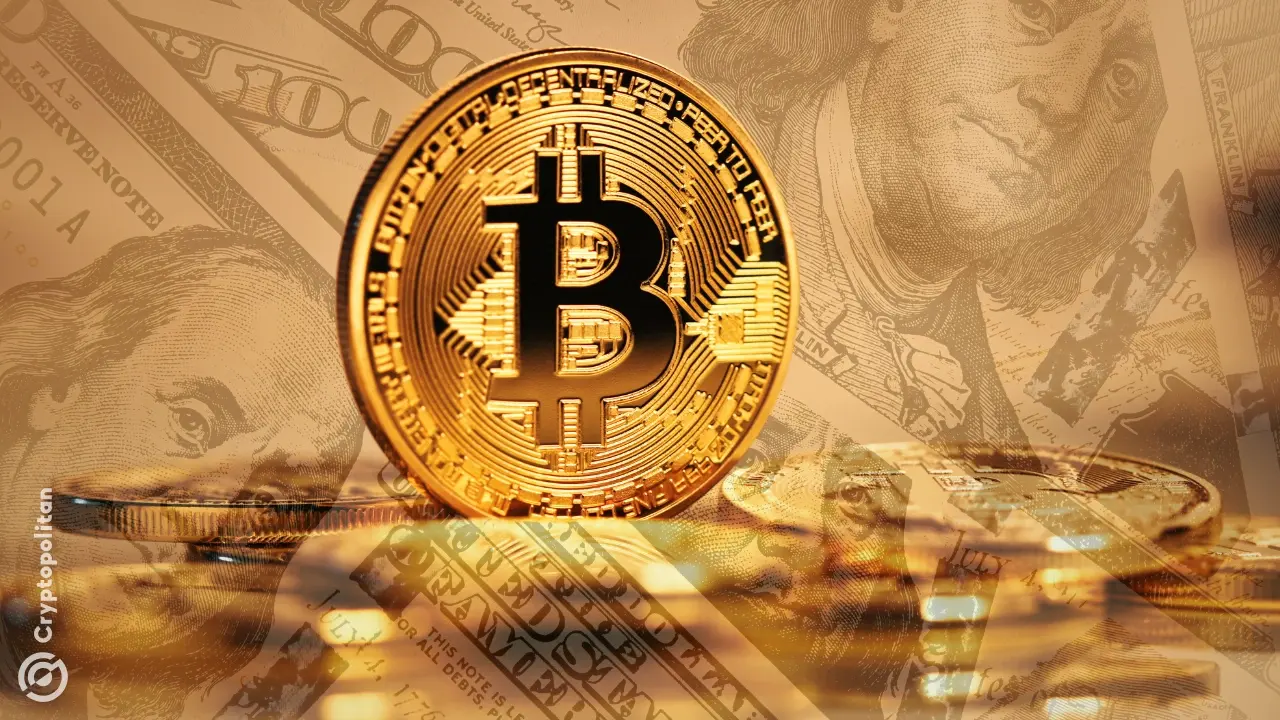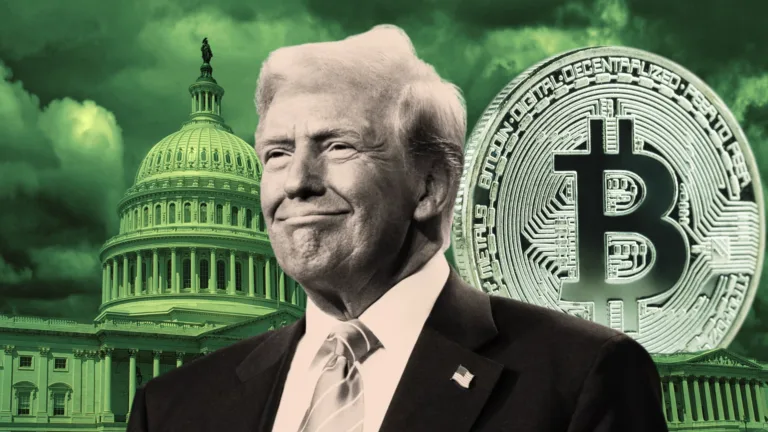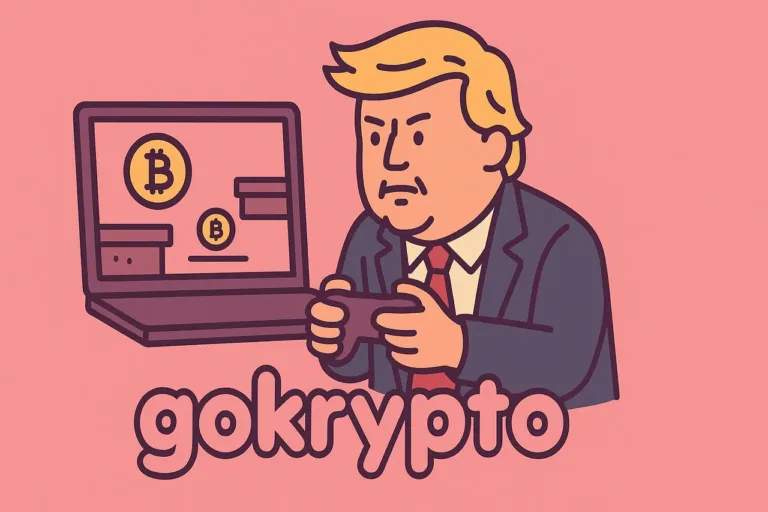5 Countries Planning Bitcoin Reserves by 2025
In recent years, Bitcoin has gained increasing attention not only as an individual investment asset, but also as a financial diversification tool at the national level.
With global economic uncertainty and rising inflation in various countries, Bitcoin is starting to be seen as an alternative reserve that can protect the value of national wealth.
Several countries are now starting to consider including Bitcoin in their national reserves, both as an economic strategy step and to reduce dependence on fiat currencies such as the US dollar.
Citing information from the Cryptomaniaks media, we will invite you to discuss five countries that have shown interest in building Bitcoin reserves and how this step could affect their economies in the future.
Summary Key Takeaways
Show5 Countries Planning Bitcoin Reserves

By 2025, several countries are planning to include Bitcoin in their national reserves as a measure to diversify assets and protect against global economic instability.
Here are five countries that are considering or have taken steps toward establishing a Bitcoin reserve:
1. United States
After his re-election, President Donald Trump formed a working group to explore the possibility of establishing a national Bitcoin reserve.
Senator Cynthia Lummis proposed that the Treasury Department purchase 200,000 Bitcoins each year for the next five years. The ultimate goal is to diversify the country’s reserves and reduce the deficit without raising taxes.
2. Czech Republic
Czech National Bank Governor Aleš Michl has stated his intention to invest up to 5% of the central bank’s reserves, worth around €140 billion, in Bitcoin.
If realized, the Czech Republic would become the first Western central bank to hold a significant amount of the crypto asset.
3. Russia
Russian lawmakers have suggested that the government consider establishing a Bitcoin reserve as a measure to protect the economy from inflation and foreign exchange volatility.
The move is seen as an attempt to reduce dependence on the US dollar and the traditional financial system.
- Binance Research Highlights Crypto ETF Filings and Record Token Growth
- Deepseek XRP Price Prediction Today 2025
- Former Malaysian PM’s X Account Hacked to Promote Scam Meme Coin
- Michael Saylor: MicroStrategy Halts Bitcoin Purchases After 12 Weeks
- Pump.fun Faces Second Lawsuit Amid Growing Scrutiny of Meme Coin
4. Brazil
A proposed law in Brazil proposes to gradually acquire Bitcoin until it reaches 5% of the country’s foreign exchange reserves.
The move aims to diversify reserve assets and protect the economy from fluctuations in traditional currencies.
5. Morocco
Once skeptical of cryptocurrencies, Morocco is now considering regulating Bitcoin and possibly including it in its national reserve.
This change in attitude reflects the growing global acceptance of digital assets as part of an economic strategy.
These moves indicate growing global interest in Bitcoin as a strategic reserve asset.
However, each country must consider the risks associated with cryptocurrency volatility and regulation before making a decision.
Let’s Make Bitcoin an Investment Asset in 2025

By 2025, several countries are starting to consider Bitcoin as part of their national reserves for asset diversification and economic protection.
The United States, Czech Republic, Russia, Brazil, and Morocco have shown interest in this digital asset with various strategic approaches.
The US sees Bitcoin as a tool to reduce the deficit without raising taxes, while the Czech Republic plans to allocate 5% of its central bank reserves to Bitcoin.
Russia is using it as a hedge against inflation and dependence on the US dollar, while Brazil wants to gradually include Bitcoin in its foreign exchange reserves.
Morocco, which was previously skeptical, is now starting to consider Bitcoin regulation and utilization.
Overall, this trend shows the increasing acceptance of Bitcoin as a strategic asset at the country level.
However, each country needs to consider the risks associated with price volatility and regulatory uncertainty before actually adopting it as part of its national reserves.
Frequently Asked Questions (FAQs)
Why are some countries starting to consider Bitcoin as a national reserve?
Some countries see Bitcoin as an alternative to diversify their national reserves and protect their economies from global instability. In addition, Bitcoin can be used as a tool to reduce dependence on fiat currencies such as the US dollar and as a hedge against inflation.
Which countries are considering having Bitcoin reserves?
The United States, the Czech Republic, Russia, Brazil and Morocco are five countries that have shown interest in building Bitcoin reserves. Each has strategic reasons, ranging from asset diversification to reducing reliance on the traditional financial system.
What are the benefits for a country to have Bitcoin in its national reserve?
Key benefits include:
- Asset diversification and protection against inflation.
- Reduced dependence on fiat currencies such as the US dollar.
- Potential for long-term appreciation of Bitcoin.
- Protection against global economic instability.







